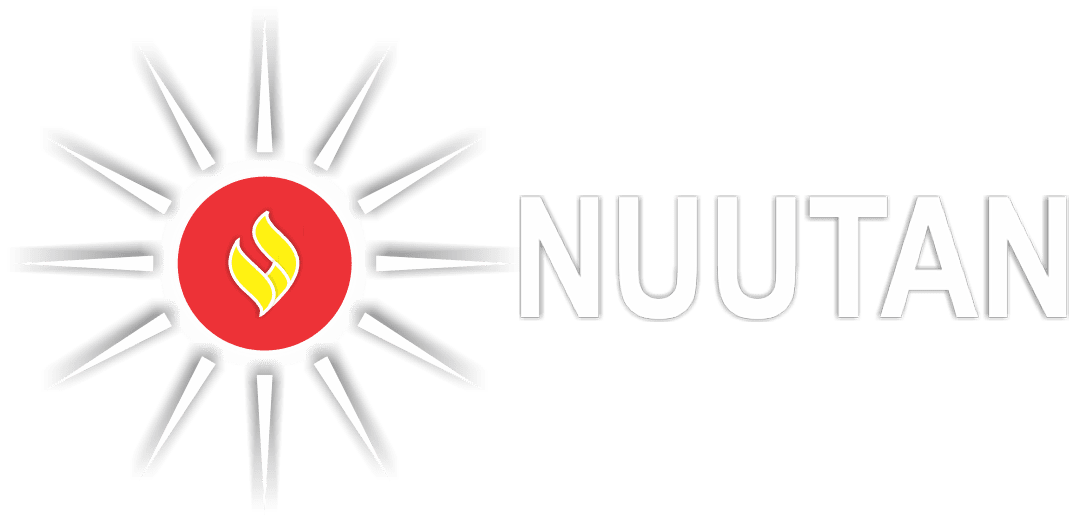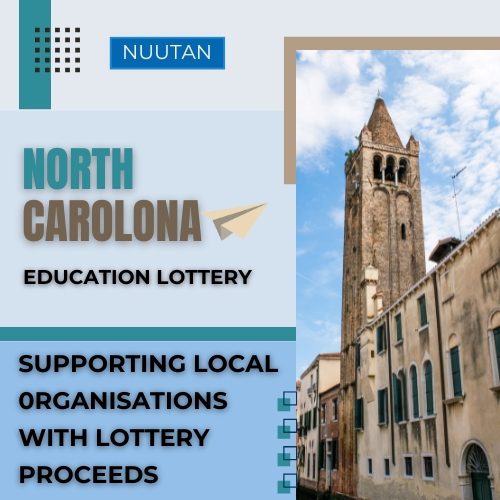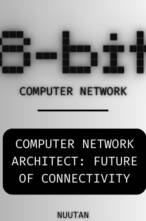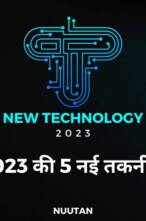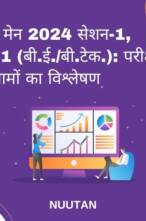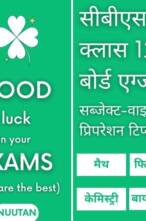North Carolina (NC) Education Lottery: Supporting Community and Education
Table of Contents:
(1) The North Carolina Education Lottery and Why It’s Important
(2) Lottery for North Carolina’s Educational Purposes: A Brief History and Analysis
(3) Procedures for Playing the North Carolina Education Lottery
(4) Lottery Funding for Educational Programmes
(5) Supporting Local organisations with Lottery Proceeds
(6) Success Stories in Education and Local Communities
(7) Maintaining Openness and Responsibility
(8) Difficulties and Objections
(9) Final Thoughts on How the North Carolina Education Lottery Benefits Students and Their Communities
(10) Questions and Answers Regarding the North Carolina Education Lottery
DETAILS:
The North Carolina Education Lottery and Why It’s Important
North Carolina (NC) Education Lottery has become an important source of money for education. Since it started, this lottery, which is run by the state, has helped North Carolina’s educational programmes and projects in a big way. By getting money from different lottery games, the North Carolina Education Lottery has been able to improve educational opportunities and help the community as a whole grow.
Lottery for North Carolina’s Educational Purposes: A Brief History and Analysis
In 2005, the General Assembly of North Carolina authorised the North Carolina Education Lottery to begin accepting lottery tickets for the purpose of funding public schools. Lottery proceeds were intended to supplement existing funding for education, lightening the load on more conventional methods like taxation and appropriations.
Procedures for Playing the North Carolina Education Lottery
The Education Lottery in North Carolina is funded through a variety of lottery games, from instant-win scratch-offs and draw games to multi-state lotteries like Powerball and Mega Millions. Players have the chance to win big money and help the state’s education fund at the same time by taking part in these thrilling games.
Lottery Funding for Educational Programmes
The proceeds from the North Carolina Education Lottery are used to fund a wide range of state-wide educational initiatives and programmes. K–12 education, including teacher pay, new school buildings, and scholastic programming, receives a sizable chunk of the budget. Students in North Carolina who are seeking higher education should also thank the lottery for helping to fund scholarships, grants, and other forms of financial aid.
Supporting Local organisations with Lottery Proceeds
The North Carolina Education Lottery isn’t only about helping kids, though. Health and welfare projects, programmes for the elderly, and services for people with disabilities all receive funds from the lottery, as do other important community needs. The lottery’s influence goes far beyond the realm of education, enhancing the well-being and progress of the community as a whole.
Success Stories in Education and Local Communities
The North Carolina Education Lottery has had far-reaching effects on the state’s schools and neighbourhoods over the years. Schools have been able to upgrade their facilities, resources, and instructional opportunities for pupils as a result of the rise in financing. Numerous people’s dreams of attending college and succeeding in their studies have been made possible by scholarships and grants. Many people in North Carolina have benefited from the lottery’s financial contributions to community support programmes.
Maintaining Openness and Responsibility
The North Carolina Education Lottery is committed to operating in a completely open and accountable manner. These guidelines are essential for keeping the public’s faith in the lottery and making sure the money is put to good use in classrooms.
The North Carolina Education Lottery strives for openness in its operations by publishing periodic reports and financial statements that summarise the lottery’s receipts, expenditures, and pay-outs. These papers show, in an open and honest way, how the lottery’s profits are distributed among various civic and academic endeavours. The organisation encourages transparency and accountability by making this data publicly available to the general public.
The North Carolina Education Lottery is subject to stringent regulatory standards in addition to its financial openness. It follows all statutes, rules, and regulations established by the General Assembly of North Carolina and the North Carolina Education Lottery Commission. Lottery operations, including game play, prize distribution, and integrity checks, are all spelled out in detail here. Following these rules shows that the lottery is serious about being transparent and accountable.
In addition, external auditing organisations frequently review the North Carolina Education Lottery. The financial statements, internal controls, and adherence to applicable laws and regulations are all examined in these audits. The lottery’s dedication to accountability and the transparency and responsibility of its operations are demonstrated by its willingness to be exposed to external inspection.
The North Carolina Education Lottery is always open to hearing from the general public and interested parties so that it can better serve everyone’s needs. It encourages open dialogue via its website, social media, and discussion boards. Players can have their voices heard on issues concerning the lottery’s operations and its effect on classroom instruction. The lottery wants to increase confidence among its patrons and the general public, so it’s actively soliciting their feedback.
The North Carolina Education Lottery is dedicated to maintaining a culture of trust and honesty through its dedication to openness and accountability. The lottery has played and will continue to play an important part in North Carolina’s support of education and community development by ensuring that funds are allocated effectively and used for their intended objectives.
Difficulties and Objections
The North Carolina Education Lottery has been widely praised for the positive effects it has had on education and the state’s economy. To maintain the lottery system’s efficacy and public trust, it is crucial to recognise and solve these challenges.
Lotteries, particularly the North Carolina Education Lottery, are often criticised for having a regressive impact on low-income residents. Researchers have shown that low-income people are more likely to put their money towards lottery tickets, which could exacerbate wealth disparities. Lottery sceptics say this retrograde aspect undermines the positive social outcomes they want to see from the practise.
Another issue is the public’s belief that the lottery depends too heavily on gambling profits. Lottery games are a type of gambling, and some people are concerned that using gambling to pay for schools could send the wrong message about the importance of saving money. They recommend looking into non-gaming-related ways to make money.
The lottery’s funding mechanism, which is based on ticket sales, may struggle to provide stable long-term funding for education. The lottery’s ability to sustain its funding for education programmes is vulnerable to fluctuations in ticket sales and changes in consumer behaviour.
Some have argued that if we rely too heavily on the lottery to fund education, we will stop looking into other, more promising possibilities. Some have argued that in order to fund education in a way that is both stable and long-term, it is necessary to look at a wide variety of potential revenue streams.
The widespread promotion of lotteries and the allure of winning enormous quantities of money have the potential to have both social and economic repercussions. Critics say that too much promotion of gambling might lead to people spending too much money and other social problems in their communities.
The operations of the North Carolina Education Lottery need careful thought and constant examination in order to meet these challenges and critiques. The group should have frank discussions with community members, policymakers, and educational institutions to identify problems and brainstorm solutions. In order to alleviate the problems associated with economic disparity, it may be necessary to investigate new avenues of financial support, institute safeguards against irresponsible gambling, and guarantee a just and equitable allocation of resources.
In the end, the North Carolina Education Lottery may do more good for education and community support, gain public trust, and remain transparent if it admits and works to overcome these issues and critiques.
Final Thoughts on How the North Carolina Education Lottery Benefits Students and Their Communities
North Carolina’s Education Lottery has helped improve schools and neighbourhoods across the state. While the lottery isn’t without its problems and detractors, it has helped fund many worthwhile efforts in the realms of education and community improvement.
North Carolina’s K–12 schools have greatly benefited from the state’s Education Lottery thanks to the lottery’s creative funding mechanism, which has allowed for much-needed upgrades to facilities and programmes as well as the recruitment of highly qualified faculty. The lottery’s funding has improved academic standards and provided more students with the financial means to continue their studies.
The North Carolina Education Lottery’s investment in local outreach programmes has improved the quality of life for North Carolinians. Communities are better off and more welcoming places to live because of government funding of health and welfare programmes, programmes for the elderly, and programmes for those with disabilities.
The North Carolina Education Lottery is always adapting and looking for new methods to address critiques of its regressive impact and reliance on gaming. The lottery works to reduce potential negative effects and increase potential positive ones through open discourse, exploration of alternative financing sources, and promotion of responsible gaming practises.
The North Carolina Education Lottery is committed to maintaining its tradition of openness and accountability. The lottery guarantees that monies are allocated properly and used for their intended purposes through routine audits, public reporting, and adherence to tight laws. Participant, stakeholder, and public confidence are all bolstered by this dedication.
The North Carolina Education Lottery will need to adjust and improve its methods as time goes on in order to keep up with the changing demands of the state’s schools and population. The lottery may improve its efficiency and ensure its long-term viability by soliciting comments, welcoming innovation, and investigating cooperation opportunities.
Finally, the North Carolina Education Lottery is a great way to help the state’s schools and communities. It has benefited people all around the state by giving them more independence and better educational possibilities. The North Carolina Education Lottery has the potential to become an even more powerful agent of positive change in the state if it continues to prioritise openness, accountability, and responding to criticism.
Questions and Answers Regarding the North Carolina Education Lottery
(1) When it comes to the North Carolina Education Lottery, what laws apply?
The North Carolina Education Lottery is governed by statutes enacted by the state legislature and administered by the North Carolina Education Lottery Commission. Lottery games, prize distribution, and integrity requirements are all spelled out in detail for operators to follow under these rules and standards.
(2) Where exactly are the profits from the North Carolina Education Lottery going?
The majority of the money made through the North Carolina Education Lottery goes to the state’s public schools. It helps pay for pre-K through high school education, as well as salaries for educators, new school buildings, and other scholastic endeavours. In addition, some of the money goes to help college-bound kids in North Carolina with things like grants, scholarships, and loans.
(3) How does North Carolina’s Education Lottery maintain its credibility?
There are numerous checks and balances in place at the North Carolina Education Lottery. Independent auditing firms do periodic reviews of their clients financial statements, internal controls, and adherence to applicable laws and regulations. The company also uses open reporting standards, so its finances are completely open to the public.
(4) What other benefits does the North Carolina Education Lottery provide to the state and its residents?
The North Carolina Education Lottery not only helps fund educational programmes but also gives back to the local community. Healthcare and social services, as well as programmes for the elderly and disabled, fall under this category. The lottery’s influence goes far beyond the realm of education, enhancing the well-being and progress of the community as a whole.
(5) Can individuals enter the Education Lottery in North Carolina?
Those who are eligible under the law can play the North Carolina Education Lottery. The lottery’s many activities, from scratch-offs to draws, get people involved and give them a chance to win rewards while also supporting local schools.
In summary, the North Carolina Education Lottery’s dedication to transparency and accountability guarantees that money goes towards worthy causes like education and community development. Trust in the lottery is maintained and cultivated through its transparent reporting practises, respect for legislation, external audits, and interaction with the public.
